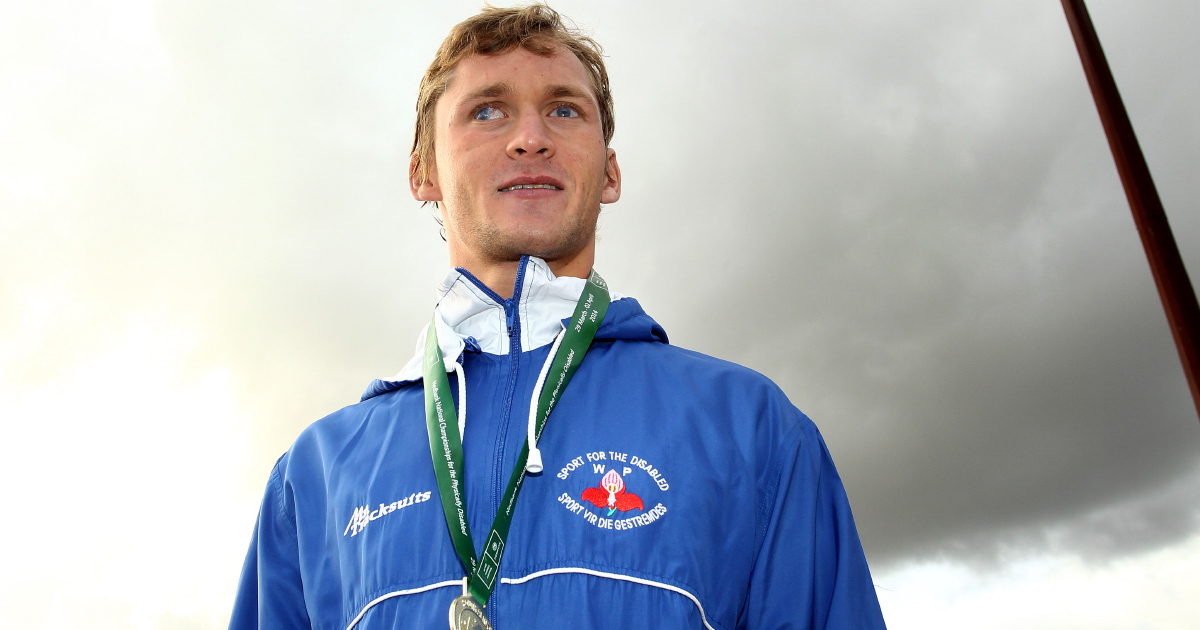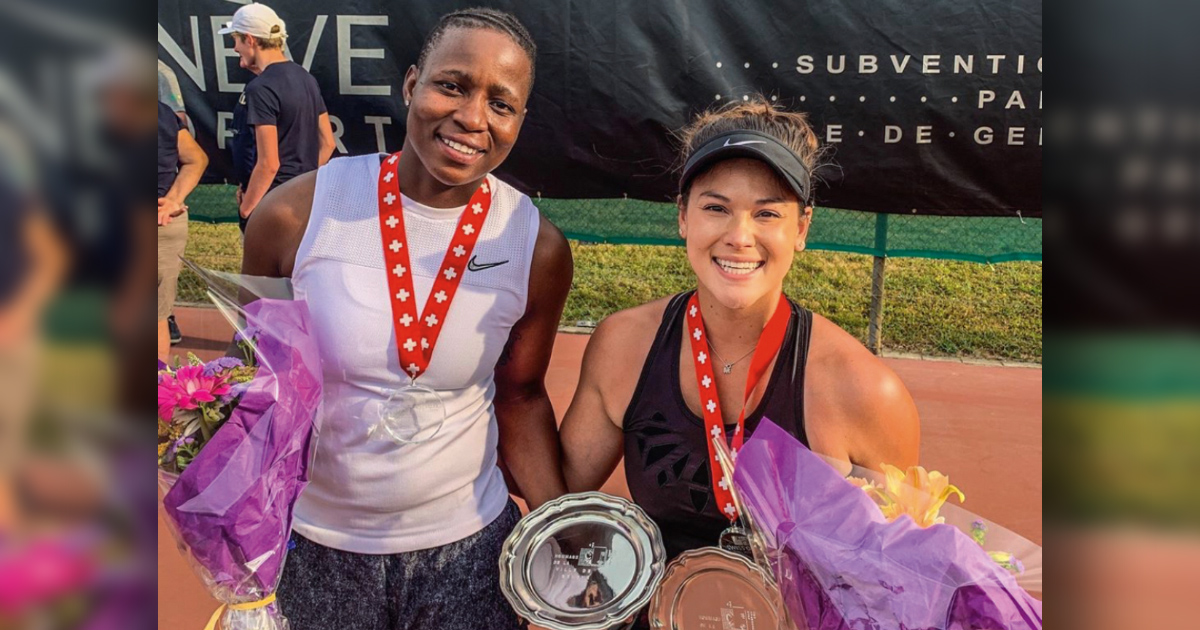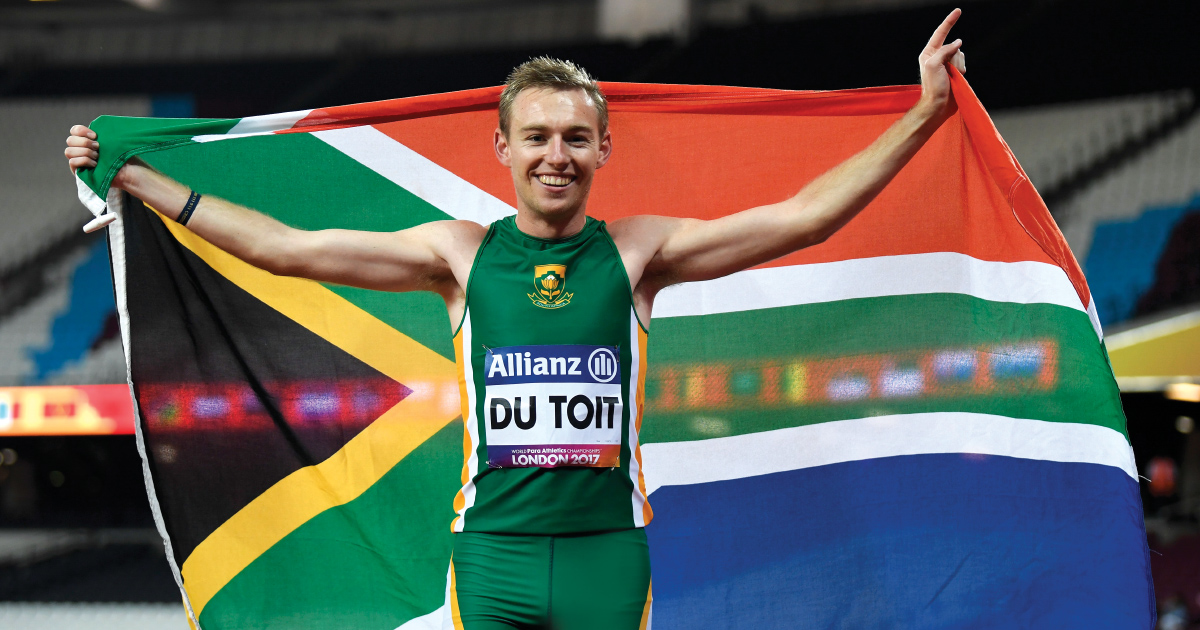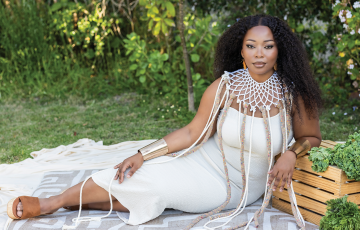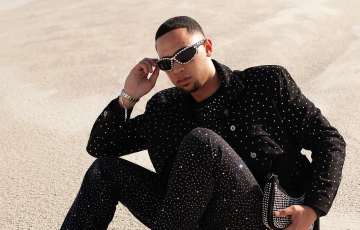Paralympians who inspire us
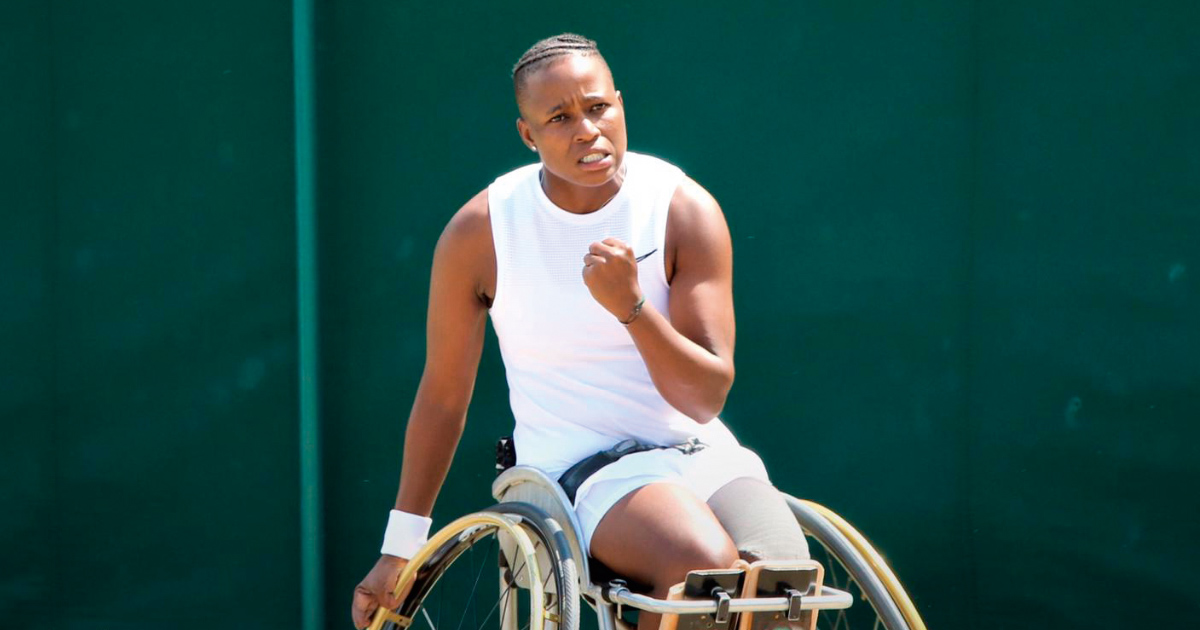
In honour of National Disability Rights Awareness Month in South Africa from 3 November to 3 December, we chat to a few Paralympians who are doing amazing things.
South African Paralympian swimmer Hendri Herbst won a great victory on behalf of people living with disabilities in the Equality Court in September 2018. Hendri, who has low vision, was denied access to the restaurant at Durbanville Hills Winery in Cape Town in 2014 because his guide dog was with him. Hendri accused the winery of discrimination and the Equality Court agreed with him. The settlement reached was that the winery would contribute 50 000.00 to the Guide-Dogs Association and compensate Hendri personally with another 50 000.00.
The biggest fight Hendry won, however, was in helping to educate society about the rights of people living with disabilities and to build awareness of those rights. National Disability Rights Awareness Month in SA coincides with the United Nations’ (UN) International Day of Persons with Disabilities on 3 December. According to the UN this day, which has been observed since 1992, ‘aims to promote the rights and wellbeing of persons with disabilities in all spheres of society and development, and to increase awareness of the situation of persons with disabilities in every aspect of political, social, economic and cultural life.’
THE BALL’S IN HER COURT
Paralympian tennis star Kgothatso Montjane is on a mission to break through the glass ceiling. In 2013 she became the first African tennis player to compete in a wheelchair tennis Grand Slam at the Australian Open, where she reached the quarter finals. She is also the first black woman from Africa to compete in a Wimbledon grass court event, in London 2018, when she reached the semi-finals.
This year Kgothatso, who is ranked seventh in the world, returned to the Wimbledon tournament but unfortunately didn’t bag the trophy. ‘I’m pretty much happy with my Wimbledon performance,’ she says. ‘It’s a highly competitive tournament with the best players in the world. I played well and I was happy with my preparation and overall performance, but there is always room for improvement.’
Kgothatso was born with a congenital birth defect which resulted in her left leg being amputated below the knee when she was 12 years old. She says among the challenges she faced were people staring at her and feeling sorry for her, and other kids not wanting to play with her.
However, she discovered her passion for tennis when she was at Helen Franz Special School in Bochum, Limpopo. One of her teachers asked her to represent their school at a camp in Pretoria, and when she was 20 years old she officially kicked off her career in tennis.
Kgothatso participated in the 2008 (Beijing), 2012 (London) and 2016 (Rio de Janeiro) Paralympics as well as in the Swiss Open and the NEC Wheelchair Tennis Masters. ‘What I love most about tennis is the challenge within the game because it demands quite a lot physically and mentally, and all those challenges have helped me to deal with real-life issues outside of the sport,’ says Kgothatso.
Kgothatso was named the SA Sportswoman of the Year with a Disability in 2011, 2012 and 2013. She also received the award for Gauteng Sportswoman of the Year with a Disability in 2013, 2014 and 2016 and the SPAR G Sport Sportswoman of the Year with a Disability in 2013, 2016 and 2017. And if all that isn’t impressive enough, she also holds a BSc Degree in Recreation and Leisure from the University of Venda.
LIFTING THE LID ON STIGMA
Chantelle Stierman is becoming a household name in powerlifting. At the age of three, Chantelle was in a car accident that injured her back, and she has been confined to a wheelchair ever since. The 33-year-old mother of two was the only powerlifter representing South Africa at the 2016 Paralympics in Rio de Janeiro, Brazil. ‘I can’t walk, but I do everything for myself,’ she says. ‘I can hold onto things and stand on my legs.’ Chantelle was introduced to powerlifting at her school in Kimberley, where she grew up.
Like Kgothatso, however, Chantelle still finds it challenging to go shopping and use public transport, which is how she gets around. ‘There are still a lot of spaces that are not wheelchair friendly, like public transport,’ she says. ‘Recently, a taxi driver said there was no space for my wheelchair on the taxi. But his colleague heard what he said and told me, “you must not listen to what he is saying – they must always help you”. So you get those who do want to help, while some just feel it’s too much work.’
She was not aware of National Disability Rights Awareness Month, but believes it’s a great initiative. ‘I always tell people with disabilities they are just as worthy as anybody else,’ she says. Chantelle has a 10-month-old baby, and says she is now ready to get back to the gym after taking a two-year break. ‘Coach Andre wants us to go to Tokyo for the 2020 Paralympics,’ she smiles, ‘so I want to prepare for that.’
ATHLETIC GOLD
Pretoria-born Paralympic Gold Medallist Charl du Toit (26) is flying the South African flag higher and higher with every race. You could say athletics is in his DNA – his parents were both athletes, and his dad has been an athletics coach for more than 40 years. ‘Being in a sport-mad family, I gained a natural love of sport,’ says Charl.
Born with cerebral palsy, he started para athletics at the age of 17 and has gone on to become a champion sprinter. The term cerebral palsy covers a group of disorders that affect the ability to move and maintain balance and posture. ‘I think what made me different as a child,’ he says, ‘was that I walked with a bit of a limp and sometimes people asked me questions about it, but growing up I actually didn’t know what type of disability I had. It was only when I got older, in my high school years, that I found out more about my disability and how it affects me.’
He says he connected the dots and was able to make sense of his physical challenges – one of them being fatigue – but he refused to allow them to stop him from realising his dreams. ‘In primary school I struggled with epilepsy,’ he says, ‘and I was always seen as an outsider. I think I always felt I wouldn’t be as good in sports as some of my friends, and that’s what encouraged me to work harder
to make the sporting team.’
Charl did more than that – he made the Paralympic South Africa squad twice, for London 2012 and Rio 2016, scoring gold medals for the 100-metre and 400-metre races along the way, and setting a new world record for the 100m T37 disability class in the heats at Rio.
Charl’s CV is impressive, listing the London Paralympic Games, Lyon IPC World Championships, Glasgow Commonwealth Games, Doha IPC World Championships, Rio Paralympic Games and the London IPC World
Championships, but he still wants to add more to his list of achievements. ‘I’m grateful for the achievements and opportunities I’ve received and I have a great support team behind me that helps me on this journey,’ he smiles.
Related articles

Latest Jet club magazine
We’ve got the latest trends, exciting prizes and exclusive savings just for you!
Jet Club will not pass your details to anyone else. By clicking the subscribe button you confirm you have read and agree to the Jet Club Terms and conditions and Jet Club Privacy Statement.
Subscribe